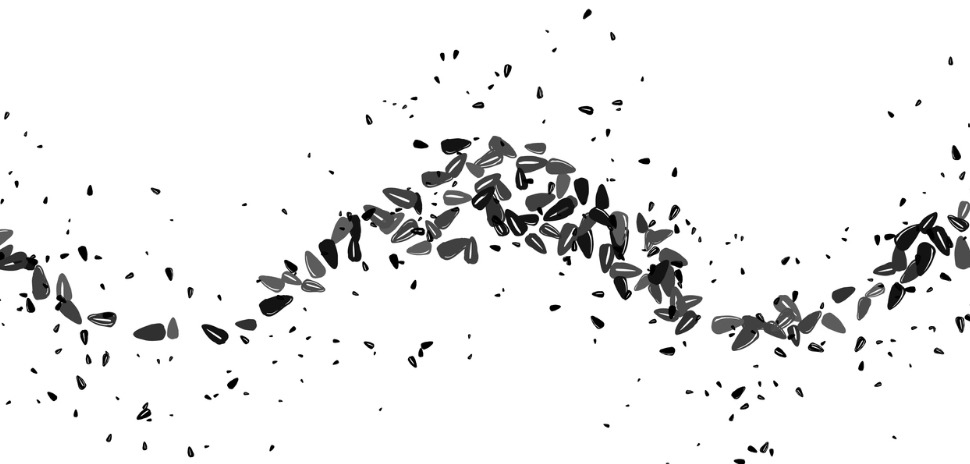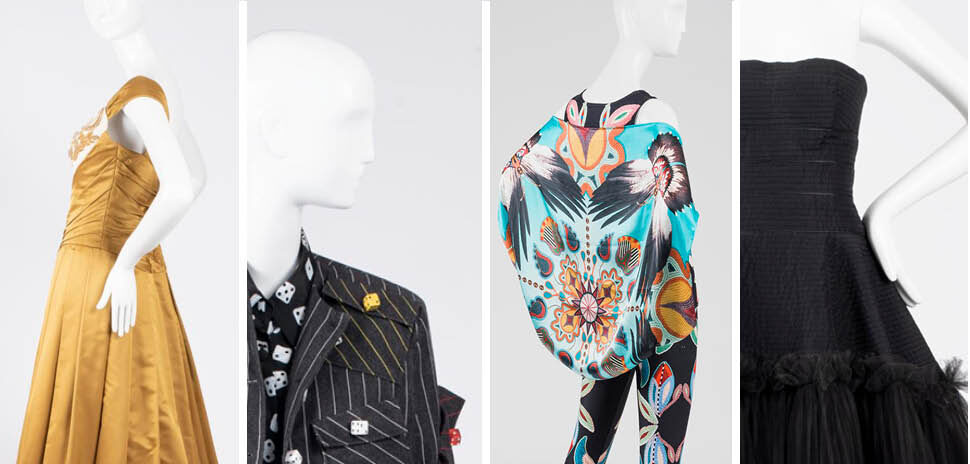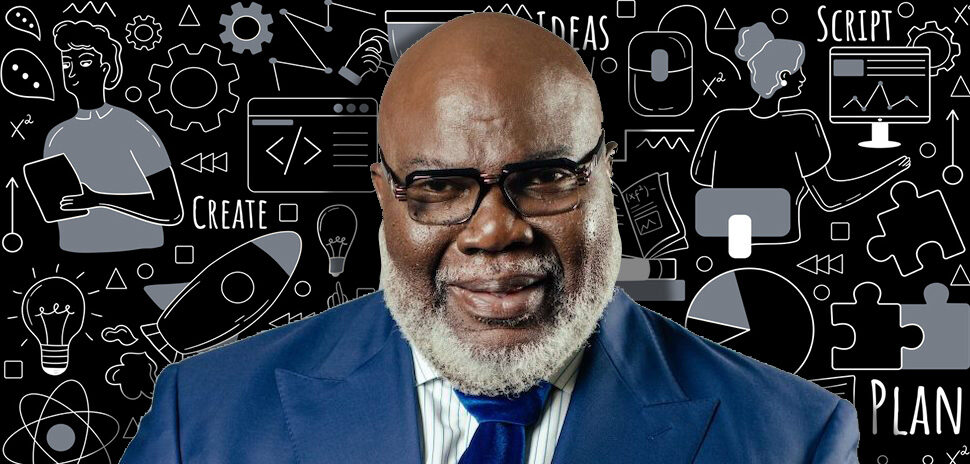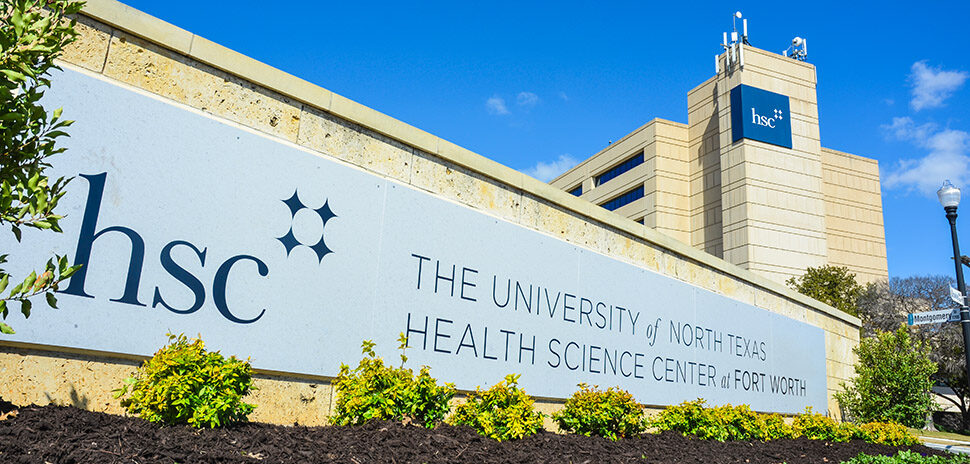Researchers at the University of North Texas BioDiscovery Institute have received a $1.4 million grant from the W. M. Keck Foundation. The funding—which comes from the first Keck grant in UNT’s history—will be used to study the possibility of making drugs like penicillin from fungi that live in plants. It could make these pharmaceuticals more accessible and better for the environment.
This first-of-its-kind study will come up with a new way to make useful products from fungi. It could lead to medicines that can be delivered via plant seeds—with no downstream processing.
Seeding sustainable medicine
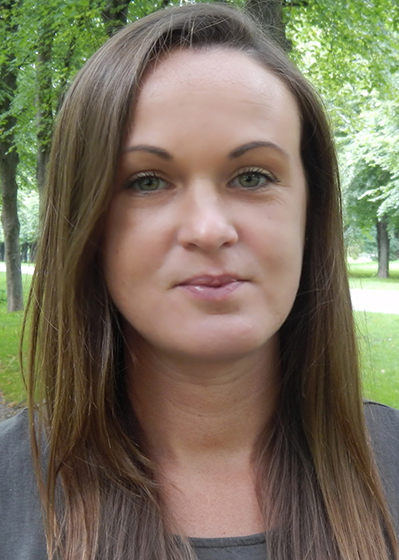
Elizabeth Skellam
“What we’re thinking long-term is that if plants can store medicines in seeds, you eat the seeds, and the medicine is already contained. You don’t have all these factories, you don’t need any chemicals — it’s just there and available,” said Elizabeth Skellam, lead researcher and assistant professor of chemistry in the UNT College of Science, in a statement.
Fungi also make antifungal agents that kill other fungi in order to protect themselves or compete with them, Skellam says. That’s especially important in agriculture, the researcher notes. “You could have plants that secrete antifungal agents to protect themselves, rather than having to apply a chemical or another fungus to the plant.”
The big idea
The idea for the plant project came up in a conversation between Skellam and Kent Chapman, who is the director of the UNT BioDiscovery Institute and a Regents Professor of Biological Sciences.
Skellam works with fungi, while Dr. Chapman studies how plants make fats and how they store them.“Fungi make very small, very specialized molecules, such as penicillin, which can be used as important drugs,” Skellam said.
Since fungi only make a small amount of penicillin on their own, making it in a factory has been the norm since the 1940s. Specialized facilities need a lot of energy and equipment, which leads to a lot of chemical waste and damage to the environment that can’t be fixed. Photosynthesis, on the other hand, is how plants make medicines. They only need sunlight, carbon dioxide, water, and mineral nutrients, which are all easily scalable resources, according to the news release.
Plant hosts in standard greenhouse conditions
Skellam and her team want to put back together the fungal metabolic pathways for penicillin and another well-studied drug, the immunosuppressant mycophenolic acid, in a plant host in normal greenhouse conditions.
“Penicillin is one of the handfuls of fungal-derived drugs where we know exactly where every enzyme in the biosynthetic pathway is located,” Skellam said. “We start with something that we know, then try and replicate it.”
Ana Paula Alonso, an associate professor of biological sciences who studies plant biochemistry, and Michael Carroll, a professor of economics in the College of Liberal Arts and Social Sciences, make up the rest of Skellam’s multidisciplinary team. They will look at how this new way of making things would affect the economy.
Funding high-risk, high-reward research
The prestigious W. M. Keck Foundation, which was started in 1954 in Los Angeles by William Myron Keck, founder of The Superior Oil Company, gave $1.4 million to fund for the project. The W. M. Keck Foundation is one of the largest charities in the United States. The foundation aims to help fund excellent research in science, engineering, and medicine. It also helps pay for undergraduate education and runs a program in Southern California to help arts and culture, education, health, and community service projects.
“If I hadn’t been in the BioDiscovery Institute, Dr. Chapman and I might never have dreamed of ways our research could intersect,” Skellam said. “It was through his colleagues that we heard of the Keck Foundation — that they like high-risk, high-reward research. They’re looking for scientific ideas that break barriers, that go against conventional wisdom and have an impact on humanity.”
A culture of curiosity and diversity
Still, the grant and the project wouldn’t be possible if UNT didn’t have a culture of intellectual curiosity and working with people from different fields.
“That’s what I love about UNT—how helpful everybody is,”.Skellam said,
No one laughed at our ideas and said, “That’ll never work!” she says. It was quite the opposite: “They were like, ‘Oh, why don’t you try this?’ You don’t know what a good idea will be until you try it. And when other people are excited too, that really helps.”
![]()
Get on the list.
Dallas Innovates, every day.
Sign up to keep your eye on what’s new and next in Dallas-Fort Worth, every day.










